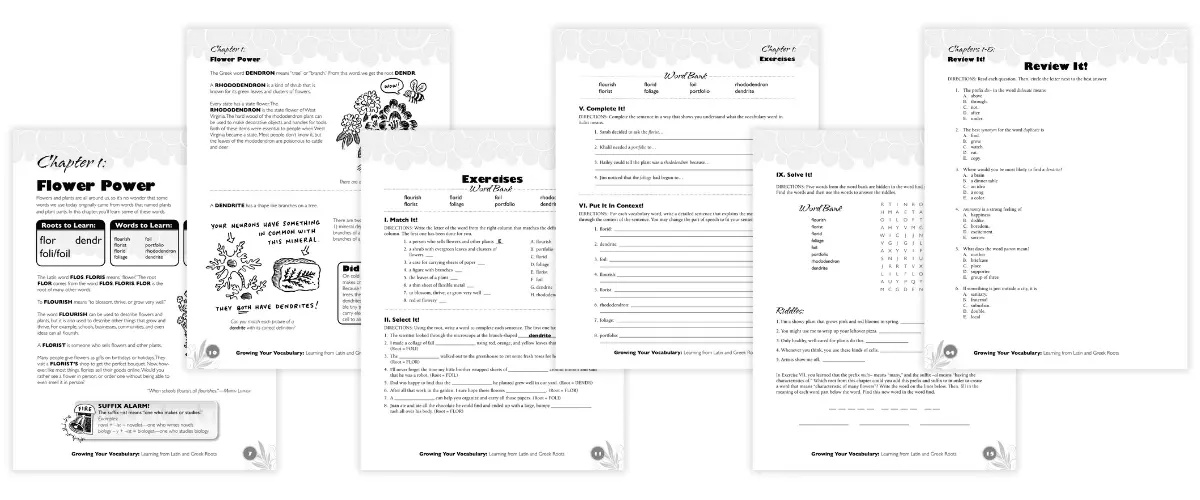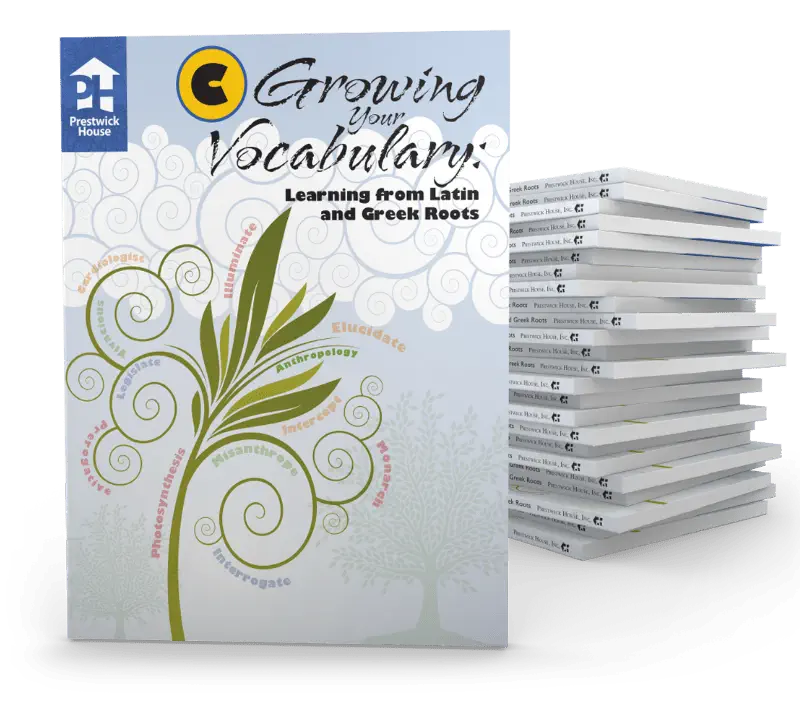In the quest to improve reading proficiency among American students, schools and districts across the country are adopting new teaching strategies based on the science of reading. Some states, like New York, Georgia, Delaware, and Virginia, have even passed legislation that ensures research-backed methods of reading instruction are part of public school curricula.
Which brings us to today’s topic: using direct vocabulary instruction to improve reading skills. Vocabulary has always been an essential part of English language arts, but with the science of reading gaining traction, it’s become even more valuable. And it makes sense, too. When a student knows a lot of words and has the ability to decode the meanings of unfamiliar words, they’re more likely to be better readers.
But the type of vocabulary instruction matters, especially for students at the elementary and middle-school levels who are old enough to have a grasp on language but not quite ready to tackle harder texts.
One of the most effective types of vocabulary instruction is based on etymology—the study of word origins and meanings—and specifically, the study of Latin and Greek roots. With more than 60% of all words in the English language derived from these roots, it’s essential for students to understand how they work. Plus, if students are introduced to word roots when they’re young, they'll have a huge advantage when it comes to reading complex texts later in life.
That’s at the core of Growing Your Vocabulary, a complete program that’s helped nearly 700,000 students cultivate their vocabulary skills. Growing Your Vocabulary is intended for students in fourth through sixth grade, though it can be adapted for older students who may need remedial instruction.
This series presents dozens of new words alongside related Latin and Greek roots, helping students understand the conventions of word formation. Practice exercises and humorous illustrations throughout encourage students to think critically while having fun!
There are three books in the series. The twenty chapters in each book are organized by themes. For instance, the first chapter of Level 5 is all about plants and focuses on the roots flor, dendr, foli, and foil. Each chapter covers up to five roots and up to twelve grade-appropriate vocabulary words.

All chapters begin with an introduction to the roots and words students will learn, and when applicable, any affixes they’ll encounter. Descriptive text explains the root’s historical origins and meanings. Written in a conversational tone, the accompanying paragraphs define each vocabulary word and give real-world examples of usage. Cartoon illustrations in each chapter add a visual element, offering students another way to commit new vocabulary words and roots to memory.
After the introduction, there are ten exercises designed to ensure students retain the words and roots they learn. The types of exercises may vary among chapters and grade levels. Basic matching drills help students review definitions, while fill-in-the-blank activities reinforce associations between words and roots.
Growing Your Vocabulary gives plenty of opportunities to improve writing skills, too. Students are tasked with writing open-ended responses to different styles of prompts, all of which require them to use newly acquired vocabulary words in context. This is their chance to demonstrate word mastery.
Each chapter wraps up with lower-stakes brain teaser activities, including word searches, riddles, and crossword puzzles.
There is a cumulative review after every five chapters. The reviews consist of multiple-choice questions that ask students to recall word and root definitions, identify related antonyms, and use vocabulary words correctly in context.
The Teacher’s Editions lay out a five-day lesson plan for each chapter and give additional advice on helping English language learners and students currently working below the 5th-grade level. Exercise answers are also included. To purchase a Teacher’s Edition, please contact Customer Service directly.

Take a Closer Look
Interested in previewing Growing Your Vocabulary for yourself or sharing information about it with a colleague? Free sample pages, including the ones shown in this post, are available for download. Simply fill out the form to access pages for all three levels of the program!